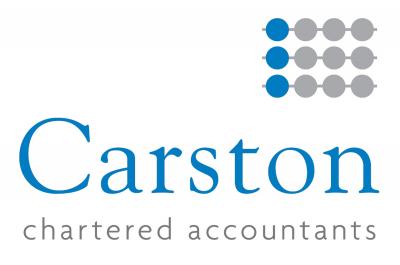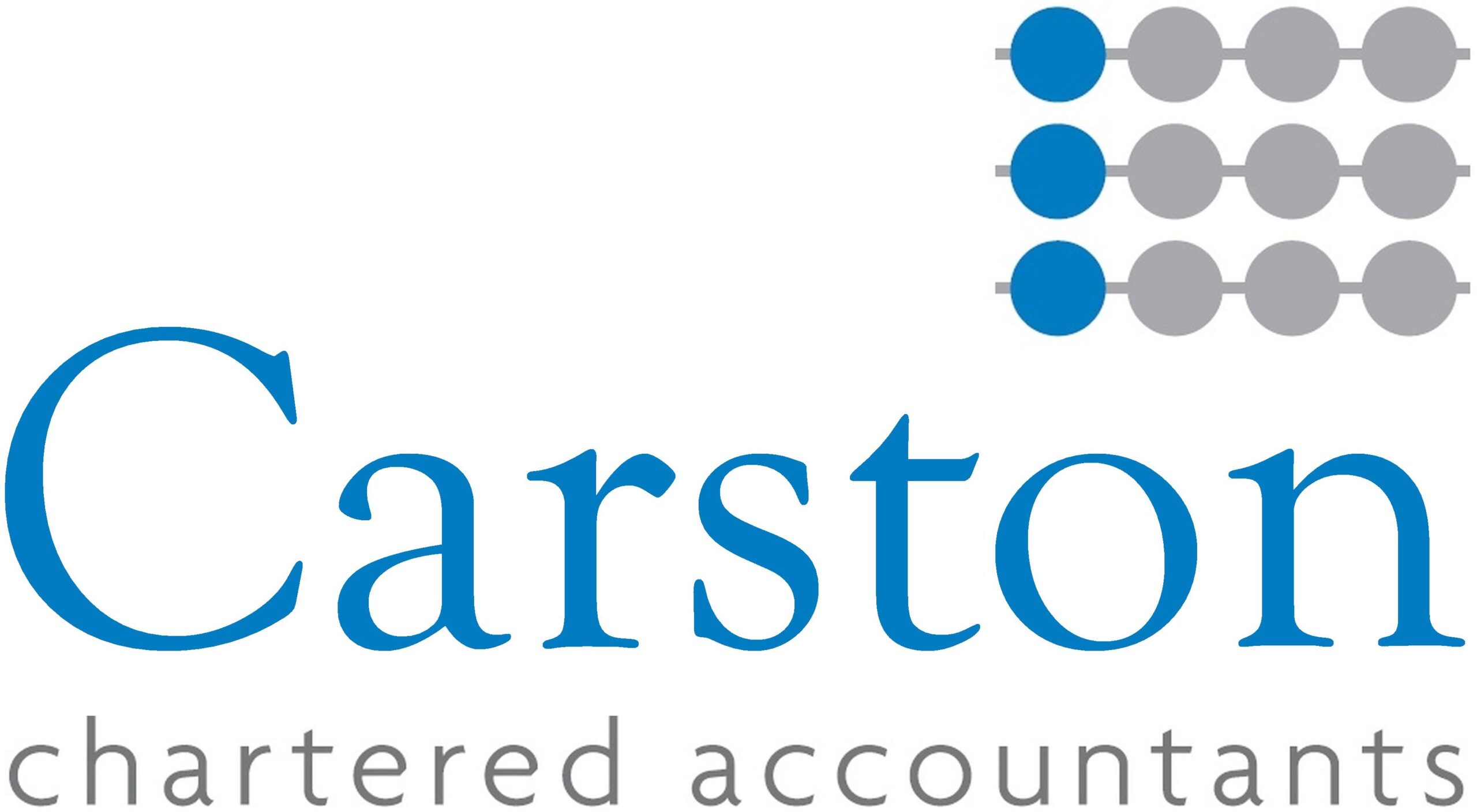Ensuring transparency and accountability in charity operations is paramount. After all, your income doesn’t come from sales. Instead, it was donated or granted to you with an expectation the money goes towards your good cause.
But how do you ensure transparency and accountability in a charity? This is where independent examinations come into play.
Sometimes called ‘mini-audits’, an independent examination is a simpler and more cost-effective way for smaller charities to reassure supporters, stakeholders, and the broader community about your accounts. However, it’s also mandatory for charities with an annual income above £25,000.
Let’s get something out of the way from the outset: an independent audit involves a lot more than just ticking boxes. Here’s what you need to know about them.
Does your charity need an independent examination?
As of 2023, if a charity has an income of more than £25,000, then it must arrange an independent examination by an external examiner.
Charities must arrange a full audit if they have:
- income over £1 million (£500,000 in Scotland)
- income over £250,000 income and total assets exceeding £3.26m.
Understand the scope of the examination
While not as exhaustive as a full-fledged audit, an independent examination is still thorough.
This examination delves deep into your charity’s accounting records, comparing them side-by-side with the accounts you’ve prepared.
The main goal is to detect any discrepancies between the records and the prepared accounts. This is followed by a rigorous check to ascertain the charity’s full compliance with all relevant financial regulations.
Furthermore, the examiner will look for any anomalies, potential oversights, or signs of mismanagement that could raise red flags.
The examiner will answer questions like:
- Are proper accounting records kept?
- Do accounts match the records?
- Do accounts comply with the Charities Statement of Recommended Practice (SORP)?
If there are any issues in the above, the examiner is obliged to report them.
Understanding the extensive nature of this examination ahead of time will allow your charity to assemble all necessary documents and anticipate potential questions, so take some time to read through the government’s guidance.
Preparing for an independent examination
Choose the right examiner
The role of an examiner is pivotal in this process, so they can’t just be anyone.
First and foremost, your examiner cannot be substantially related to the charity. This ensures their decisions and observations are entirely unbiased and objective.
Your examiner should also have considerable experience in charity finance. After all, charity accounting is a specialist area within accounting. With an expert by your side, they’ll bring a wealth of insight to the table, highlight good practices and help you avoid bad ones.
Make sure your records are up to date
It sounds obvious, but you need to make sure your accounting records are up to date before an examination — you would be surprised at how many examiners get started only to find out-of-date records, delaying the entire examination.
You should also make sure your trustees’ annual report is available, as your examiner will want to review this too. If you need to update them during the examination, make sure to communicate that clearly to ensure a smooth process.
Lastly, your examiner will want to examine the paperwork that supports your accounts. This will include financial documents such as bank statements, invoices, receipts, grant agreements and payroll records, but may also include minutes of trustee meetings, registers of interest and risk registers.
Embrace the learning process
An independent examination provides a fresh perspective on your charity’s financial health and operational methods. Instead of perceiving it as merely a regulatory requirement, view it as a tool for refinement.
Feedback from the process can spotlight areas that need enhancement. By addressing these, you’re proactively bolstering your charity’s financial health and credibility.
Build relationships
The post-examination period isn’t the time to sever ties with your examiner. On the contrary, fostering a lasting professional relationship can offer numerous advantages. Regular feedback, advice, and an in-depth understanding of your charity’s evolution are just a few.
Your independent examiner
Preparing for an independent examination might seem overwhelming, but it doesn’t have to be. While the process is thorough and involves a deep dive into accounts, it’s an excellent opportunity to go over your them and reinforce best practices.
The key? Be prepared! As the saying goes, if you fail to prepare, then you prepare to fail.
Get in touch with us to discuss your independent examination.

